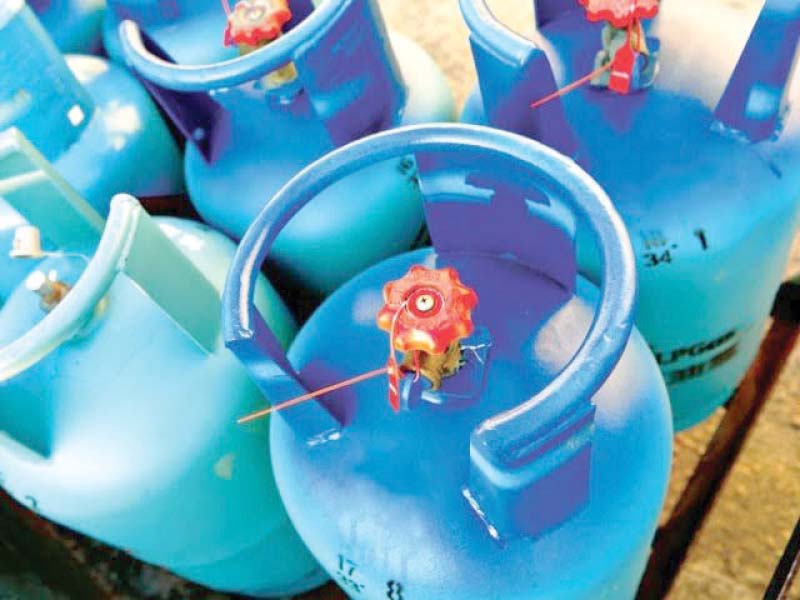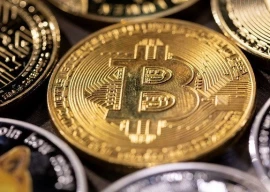
Setting aside concerns of the local LPG industry, energy managers in the government are working to extend more favours by waving tax for LPG importers who have already made windfall gains due to tax incentives.
Officials say that the new policy may lead to another scam like sugar and wheat as it favours selected groups of LPG importers. Officials and industry sources said that concerns of Petroleum Exploration and Production Companies Association (PEPCA) and LPG marketing companies have not been addressed in the new proposed policy that is tilted towards the LPG importers.
The proposed LPG policy will give benefit to LPG importers and one LPG terminal. They say that the government had held consultations but the points agreed were not included in the draft policy. They say that the process is dubious and has not been shared with the relevant stakeholders.
Officials in the energy ministry seem to be on the same track as their predecessor owing to plans to extend waivers for LNG importers at the expense of locally produced LPG. The sub-committee on LPG has submitted a controversial plan for the new LPG policy to the Cabinet Committee on Energy, which proposes penalising small LPG importers including local producers and allegedly favouring big LPG importers and one private LPG terminal operator to monopolise the market. LPG importers have already pocketed billions on LPG imports due to incentives in taxes.
According to estimates, the LPG importers pocketed Rs15 billion during the last over two years due to lower rate of GST on LPG import. Now, a sub-body has recommended imposing regulatory duty on import of LPG through land route through Taftan in Balochistan. This imposition of duty will discourage imports through land route and will shift all LPG imports to sea route, which are exempted from regulatory duty.
Usually small importers utilise land routes to import LPG, hence the plan to impose duty on land routes may hamper businesses of small LPG importers, while allowing the big LPG importers to flourish. This will also adversely affect the local LPG producers who have already faced a hit due to disparity in imposition of taxes.
The government is already charging petroleum levy on locally produced LPG, which favour LPG importers who pay 10% GST whereas local LPG producers were paying 17% GST. So, a tax benefit of 7% is being given to LPG importers, which amounts to around Rs15 billion during the last two and half year.
The local industry is of the view that the proposed LPG policy would strengthen the monopoly of LPG importers. The Pakistan Tehreek-e-Insaf (PTI) government had announced to squeeze imports in a bid to ease burden on foreign exchange. However, this proposed policy seems to be contrary to the vision of the government, said industry officials.
Industry officials said that the government should remove disparity in GST taxes by charging 17% against 10% on imported LPG as well. The government should subsidise LPG out of this collection as 7% was going into the pocket of LPG importers.
At present, the LPG importers are paying 5.5% withholding tax on import. The committee has recommended reducing it to zero on LPG import. There is already disparity on taxes between locally produced LPG and imported LPG. The committee had proposed removal of withholding tax on LPG, which would create more distortion. The committee has also recommended to maintain current rate of 10% GST and recommended to reducing the levy to 10% on local LPG as well.
Domestic producer price should continue to be fixed at Saudi contract price for six months during which a transparent mechanism should be worked out to determine the price through competitive bidding. The LPG industry stakeholders said that the committee had deviated from the points agreed during discussion in the draft LPG policy.
They say that the government should give level playing field to all LPG players. They are of the view that local LPG producers were already paying petroleum levy and government should charge regulatory duty on all LPG imports from sea route as well.
In a letter sent to the Petroleum Division secretary, PEPCA said that local LPG producers were paying more GST than LPG importers. Local producers were also paying petroleum levy of Rs4,669 per metric tons whereas the government had scrapped regulatory duty on LPG imports.
The letter added that despite the disparity in taxes, LPG importers were selling at the same price as locally produced LPG. It urged the government to intervene to end discriminatory pricing regime that was exploiting consumers and may lead to halt in future investment.
When contacted for comments, the Petroleum Division secretary said, “All proposals are being studied and no final decision has been taken.”
Published in The Express Tribune, February 14th, 2021.
Like Business on Facebook, follow @TribuneBiz on Twitter to stay informed and join in the conversation.


1725612926-0/Tribune-Pic-(8)1725612926-0-165x106.webp)














COMMENTS
Comments are moderated and generally will be posted if they are on-topic and not abusive.
For more information, please see our Comments FAQ